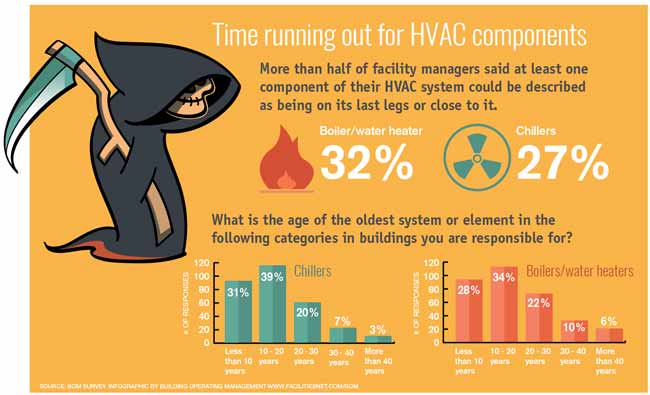The Future Of Home Heating - Exactly How Heatpump Technology Is Evolving
The Future Of Home Heating - Exactly How Heatpump Technology Is Evolving
Blog Article
https://cost-of-small-central-air00000.smblogsites.com/29311520/the-ultimate-overview-to-comprehending-warm-pumps-exactly-how-do-they-work By-Rosenthal MacGregor
Heat pumps will certainly be a crucial technology for decarbonising home heating. In a circumstance regular with federal governments' announced energy and climate dedications, their international capability increases by 2030, while their share in home heating rises to one-quarter.
They work best in well-insulated homes and rely upon power, which can be supplied from a sustainable power grid. Technical breakthroughs are making them much more efficient, smarter and less expensive.
Gas Cells
Heatpump utilize a compressor, cooling agent, coils and followers to relocate the air and warm in homes and appliances. They can be powered by solar power or electricity from the grid. They have been acquiring appeal because of their affordable, silent operation and the ability to generate electrical power during peak power demand.
Some companies, like IdaTech and BG MicroGen, are dealing with fuel cells for home heating. These microgenerators can replace a gas central heating boiler and generate a few of a home's electrical requirements with a connection to the electrical energy grid for the remainder.
But there are factors to be skeptical of using hydrogen for home heating, Rosenow says. It would be costly and inefficient compared to other innovations, and it would certainly include in carbon emissions.
Smart and Connected Technologies
Smart home modern technology allows home owners to link and manage their devices remotely with the use of smartphone applications. For instance, wise thermostats can discover your heating choices and automatically get used to enhance power consumption. Smart lights systems can be regulated with voice commands and immediately turn off lights when you leave the space, reducing power waste. And smart plugs can check and handle your electrical use, allowing you to identify and limit energy-hungry home appliances.
The tech-savvy home shown in Carina's meeting is an excellent picture of exactly how residents reconfigure room heating practices in the light of brand-new smart home innovations. They rely on the gadgets' automated attributes to execute day-to-day modifications and regard them as a hassle-free ways of conducting their home heating practices. As such, they see no factor to adjust their methods further in order to make it possible for flexibility in their home energy demand, and treatments targeting at doing so may encounter resistance from these families.
Electricity
Because heating homes accounts for 13% people discharges, a button to cleaner alternatives might make a big distinction. But https://www.insider.com/guides/health/treatments/how-to-stay-cool-without-ac deals with challenges: It's expensive and requires substantial home renovations. And it's not constantly compatible with renewable energy sources, such as solar and wind.
Until just recently, electrical heat pumps were as well pricey to compete with gas designs in most markets. Yet new developments in style and materials are making them a lot more budget-friendly. And much better chilly climate efficiency is enabling them to function well even in subzero temperatures.
The next step in decarbonising home heating may be making use of warm networks, which attract heat from a main resource, such as a neighboring river or sea inlet, and distribute it to a network of homes or structures. That would certainly decrease carbon emissions and enable houses to make use of renewable resource, such as green electrical power from a grid supplied by renewables. This choice would certainly be less expensive than switching over to hydrogen, a nonrenewable fuel source that needs brand-new infrastructure and would just reduce CO2 discharges by 5 percent if paired with enhanced home insulation.
Renewable Energy
As electrical power rates drop, we're beginning to see the same fad in home heating that has driven electrical automobiles into the mainstream-- yet at an also much faster rate. The strong climate case for electrifying homes has actually been pressed even more by new study.
Renewables represent a considerable share of modern warm consumption, yet have actually been given restricted policy focus globally contrasted to other end-use markets-- and even much less attention than electricity has. Partially, this mirrors a mix of consumer inertia, divided incentives and, in numerous nations, aids for nonrenewable fuel sources.
New innovations could make the shift less complicated. For instance, heatpump can be made a lot more energy reliable by replacing old R-22 cooling agents with new ones that do not have the high GWPs of their predecessors. Some experts also picture district systems that draw heat from a nearby river or sea inlet, like a Norwegian fjord. The cozy water can then be made use of for cooling and heating in a community.